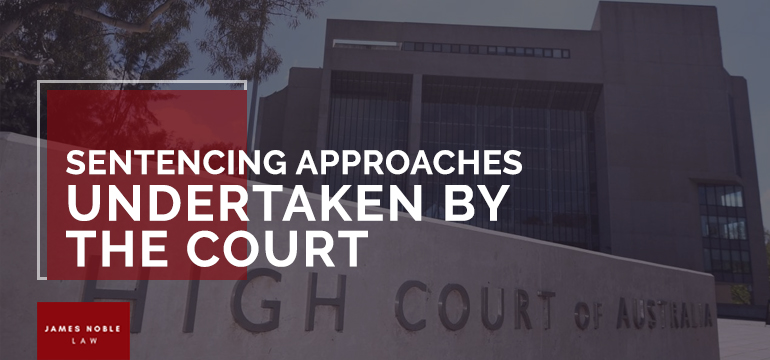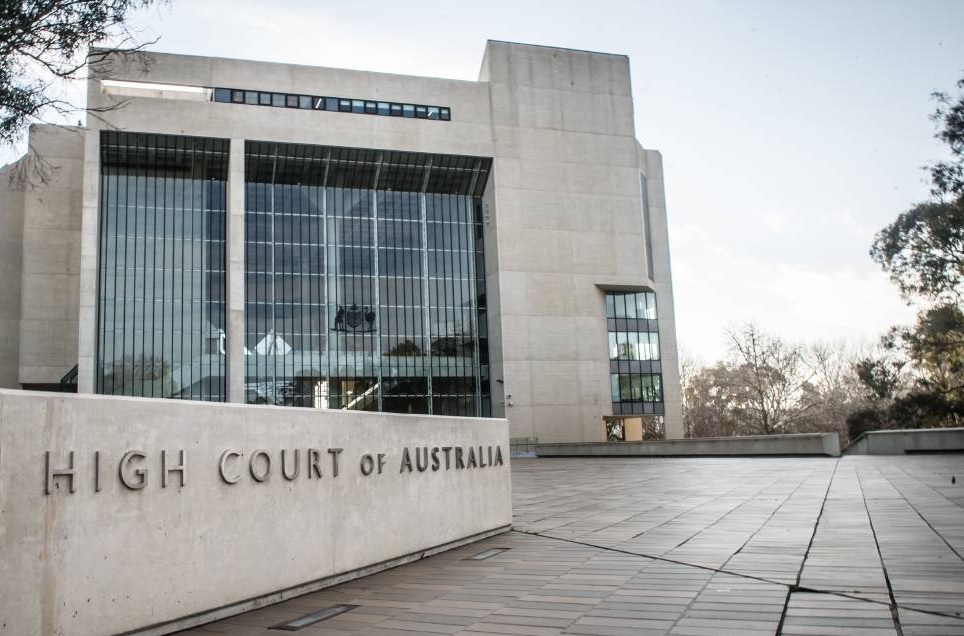
Table of Contents
Sentencing Approaches Undertaken by the Australian Court
 In the last five years, the High Court of Australia has heavily criticised sentencing principles that implement an oversimplified approach and place significant weight to broad sentencing ranges and individual factors.
In the last five years, the High Court of Australia has heavily criticised sentencing principles that implement an oversimplified approach and place significant weight to broad sentencing ranges and individual factors.
As a result of this increased criticism, the court’s approach has slowly shifted to sentencing approaches which implement an order determined on balancing all circumstances of the case to reach a single judgement, as opposed to specific process or components.
Historical Approach Taken
Despite criticising these certain sentencing principles, the High Court has fluctuated in judicial reasoning over the last 10 years. Historically, the most commonly applied sentencing approach has been centred around the notion of proportionality.
This can be evidenced in the Court’s conclusion in Veen v The Queen[No 2] where the High Court upheld the maximum penalty imposed against the defendant. When considering the criminal punishment principle such as protection of society, general and specific deterrence and reform, the proportional penalty was not manifestly excessive in the circumstances.
As the category of offence and the facts involved in the crime amounted to being categorised in the worst possible manner, the High Court held the maximum penalty was proportionate as the need to protect society from the offender was paramount.
This conclusion clearly indicated the Court will not impose a lesser penalty for an offence merely because it is possible to envisage a more serious offence.
The Modern Sentencing Approach
A more modern approach fostered by the Court has aligned with the recent criticism of the High Court. In Markarian v The Queen the original sentence of 8 years imprisonment for the commercial supply of heroin was overturned.
As the sentence passed had adopted the ‘two-tier approach’, the defendant was preliminary given a sentence with relevant facts then subtracting the time required to be spent in custody.
This approach distinctly broke down the case into individual factors and did not take into consideration the magnitude of facts. Consequently, the High Court found the original sentence had been wrongly applied, as the complex issues warranted a preliminary sentence should not have been imposed.
Read More: No Ill Will: What is Testamentary Capacity?
The more favourable approach implemented by the High Court addressed the recent criticisms and instead imposed the ‘instinctive synthesis’ method, which is a sentencing approach balancing the competing facts against the appropriate sentence.
As a result of this method, a valued judgement can be imposed, as opposed to reaching a preliminary determination that may unfairly prejudice the offender.
To discuss your situation and the options that are available to you, contact the Brisbane Family lawyer team at James Noble Law today for expert advice from experienced Brisbane solicitors for a FREE 20-minute consultation.
We have Qualified and Experienced Family Lawyers Brisbane at James Noble Law.

You may like to know more information about the
- Family court portal and
- Family Law act 1975.
- Criminal Law in Family Law Proceedings.
- Relationships, Age and Criminal Law.
- Sentencing Approaches Undertaken by the Court.
- Are you at risk of family violence?
- Notice of Child Abuse, Family Violence, or Risk in Parenting Proceedings
- Sex, Lies & Family Violence, Consider Your Options Today.
- Breaching Domestic Violence


